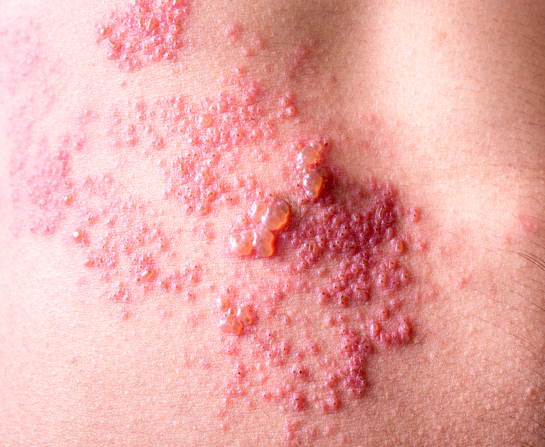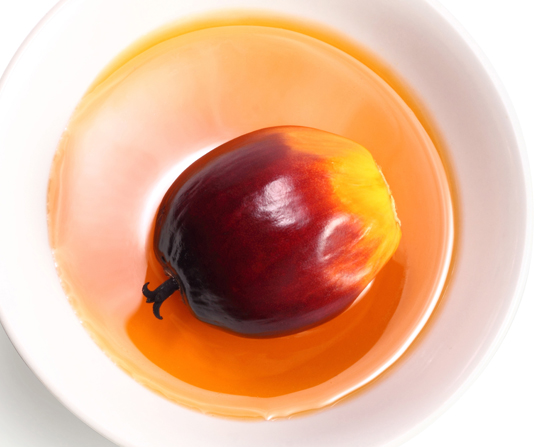There’s Fungus Growing in My Mouth!
April 28, 2022 Return

A sore throat without the usual runny nose and fever tends to make us wonder about the cause. If you have such a sore throat, look at the inside of your mouth closely. What do you see?
If you see creamy white patches in your mouth, you have oral thrush. Oral thrush is caused by a fungus called Candida albicans. Candida can be usually found in our mouths even when we’re healthy.
If so, how do some people end up with oral thrush? Well, it can happen when the Candida population overgrows and causes symptoms.
What are the signs?
You may have the signs of oral thrush slowly or suddenly depending on the cause. Signs may linger for days, week or even months.
Look out for the following signs:
- Creamy white lesions on the tongue, inner cheeks, roof of the mouth, tonsils and gums.
- Lesions are slightly raised with cottage cheese-like appearance.
- Sore throat that makes eating or swallowing difficult.
- A little bleeding when the lesions are rubbed or scraped.
- Corners of the mouth are cracked and red (especially among denture users).
- Cotton-like sensation in the mouth
- Loss of taste.
What causes it?
Our immune system is usually able to protect us from all kinds of microbes including bacteria, virus and fungi. But sometimes our immune system becomes weak allowing these microbes to attack our cells and make us sick. Oral thrush happens when our immune system is weakened by medical conditions like HIV/AIDS, cancer, diabetes mellitus and vaginal Candida infections.
Oral thrush is also more common in the following groups:
- Elderly
- Denture users
- Patients on antibiotics or oral or inhaled corticosteroids
- Cancer patients undergoing chemotherapy or radiation treatment
- People with dry mouth due to certain conditions.
How to treat it?
Your doctor will check you and do some tests to find the cause of oral thrush. This is to make sure you are given the proper treatment.
Antifungal medication in the form of lozenges, tablets, liquid or spray is usually given. Medication containing povidone-iodine is also used in the form of spray or mouthwash.
What you can do
When you have oral thrush, it is important to practice good oral hygiene. You should brush your teeth at least twice a day and floss at least once a day.
Keep replacing your toothbrush every other day until the oral thrush is gone. If you wear dentures, clean them properly with disinfectant.
To prevent future episodes of oral thrush, you need to:
- Brush your teeth at least twice a day and floss every day.
- Clean your dentures every day.
- See your dentist regularly.
- Limit foods containing sugar and yeast.
- Control your blood sugar levels if you have diabetes.
- Treat vaginal Candida infections quickly.
References:
1. Fu J et al. (2014). In vitro antifungal effect and inhibitory activity on biofilm formation of seven commercial mouthwashes. Oral Dis; 20:815–20.
2. Mayo Clinic. Available at www.mayoclinic.org
3. WebMD. Available at www.webmd.com
If you like this article, do subscribe here.






